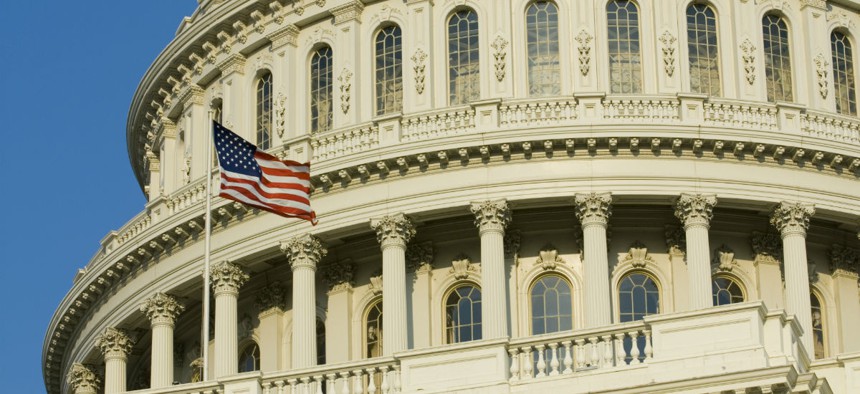Open Government Act Clears Senate, Cheering Data Advocates
The push for machine-readable data would empower chief information officers.
The Senate in a Saturday session unanimously approved the Open Government Data Act designed to require agencies—including the Government Accountability Office and the Federal Election Commission—to routinely publish their data in non-proprietary machine-readable formats.
The bill (S. 2852), introduced by Sen. Brian Schatz, D-Hawaii, would make publishing open data an official responsibility of the federal government, codifying the requirement in a 2013 executive order from President Obama that all government data be “open by default.”
The Office of Management and Budget would establish an inventory of all federal data sets and would direct the General Services Administration to maintain an online interface for all such data. The Office of Electronic Government would be renamed the Office of the Federal Chief Financial Officer.
The bill has long been sought by trade associations, tech firms and transparency groups, but its House counterpart introduced in April by Rep. Derek Kilmer, D-Wash., was left sitting with the Oversight and Government Reform Committee, which leaves its fate to be determined in the next Congress.
On Dec. 5, the Congressional Budget Office said the bill would not increase spending.
“For open data to truly take hold, Congress needs to institutionalize the existing executive policy on its own terms and take ownership of a government-wide transformation,” said Hudson Hollister, Executive Director of the Data Coalition. “The passage of the OPEN Government Data Act marks another milestone in the open data movement,” building on open data reforms such as the 2014 Digital Accountability and Transparency Act.
NEXT STORY: Five Questions About Russia's Election Hacking








